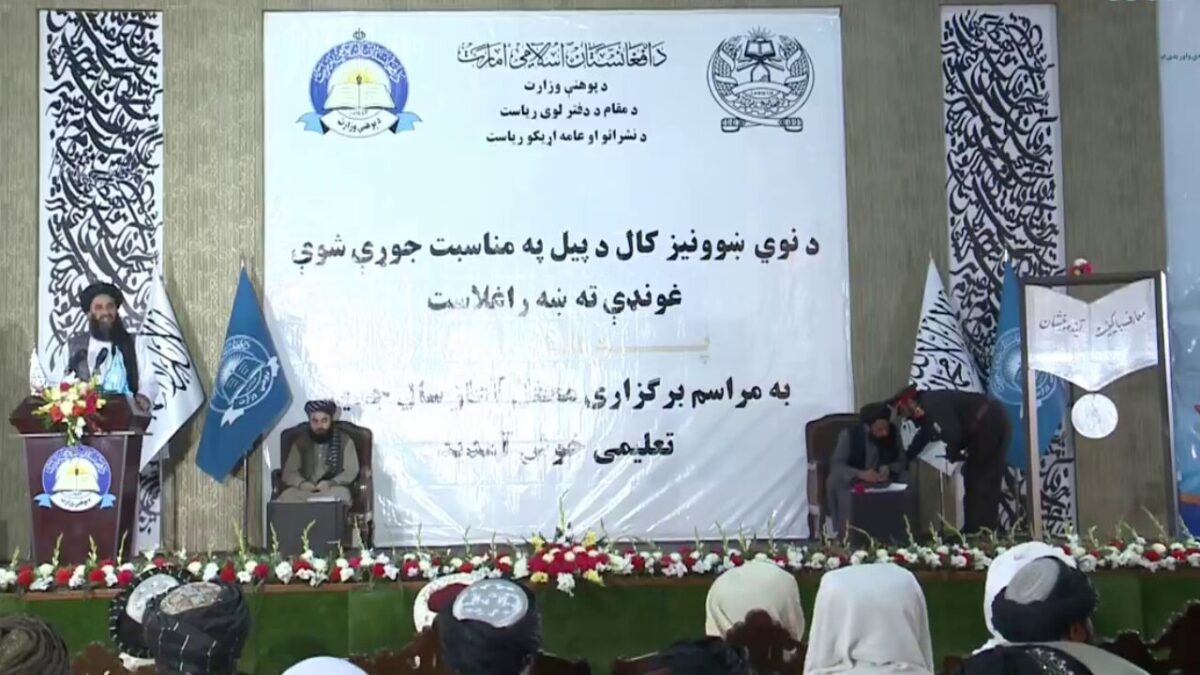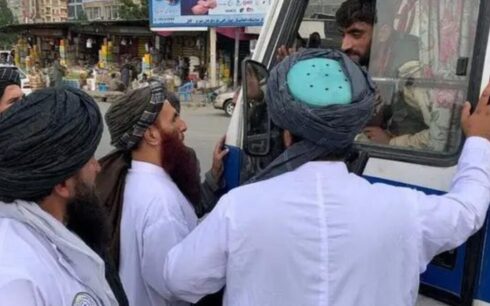The Taliban initiated the new academic year with a ceremony at Amani High School in Kabul on Wednesday, March 20, coinciding with the first day of the 1403 solar year. However, Taliban officials made no mention of girls’ education in their speeches at the event.
Despite the emphasis on quality education and expanding educational reach to remote areas by several Taliban officials, including the education minister and the deputy minister, there was a conspicuous silence on the topic of girls’ education and the reopening of secondary schools for girls. These institutions have been closed for three consecutive years.
Habibullah Agha, the Taliban’s education minister, stated at the ceremony that his ministry is committed to enhancing the quality of Islamic and modern education. “Quality and thorough exams should be conducted for students of schools and madrassas so that we can produce quality scholars and specialists in the future,” he said, omitting any reference to girls’ education.
The event featured performances by male students from schools and madrassas, with no women or girls permitted to attend. The Taliban’s education ministry even issued a statement the day before the event, specifically requesting female journalists not to attend.

Abdul Salam Hanafi, the Taliban’s deputy chief minister, mentioned the country’s need for self-reliance in producing doctors but failed to address the importance of education for women and girls, including the need for female health workers.
In November 2021, shortly after seizing control of Afghanistan, the Taliban closed all secondary schools for girls, affecting over 1.1 million students. Despite repeated promises to revise the curriculum and reopen the schools, no action has been taken.
December 2022 saw the Taliban announcing the closure of universities to female students. As the new academic year begins, women are still barred from attending classes.
Wednesday’s ceremony in Kabul was an exclusively male gathering, attended by male students and teachers from various schools and religious institutions.
The ceremony took place during a period when, under the previous republic government, the first day of the solar year was celebrated as Nowruz, marking the new year.





